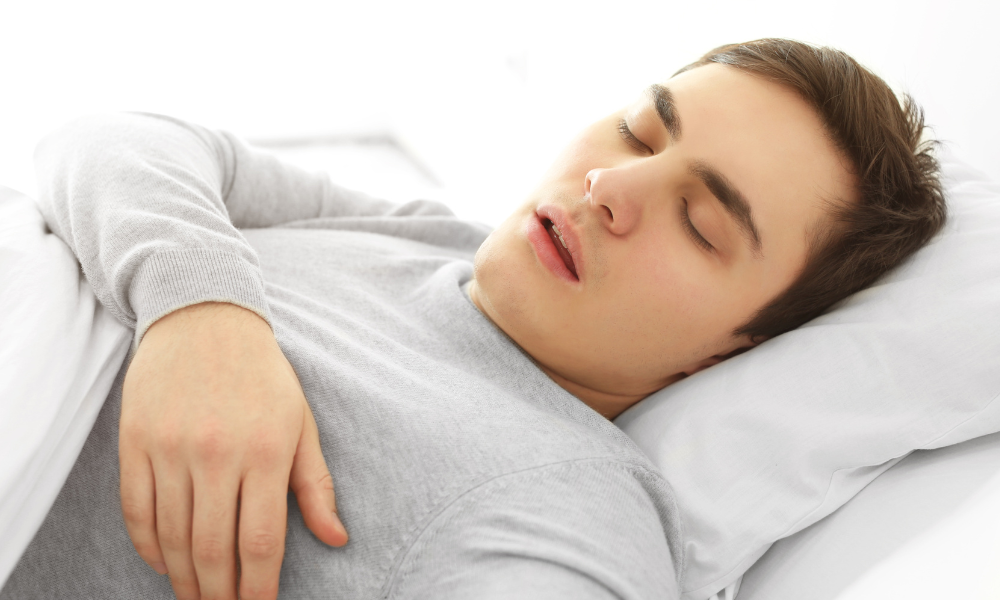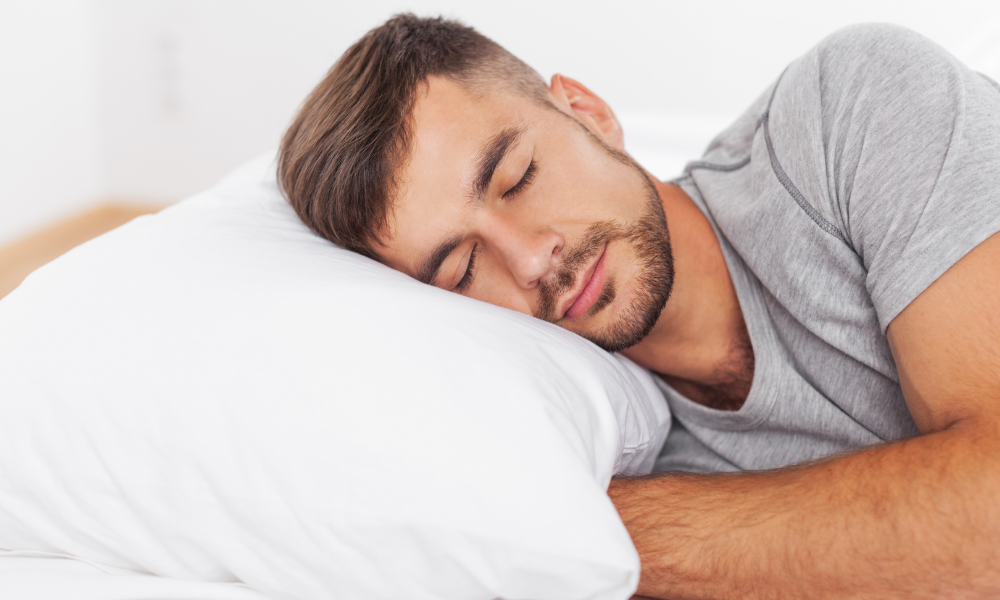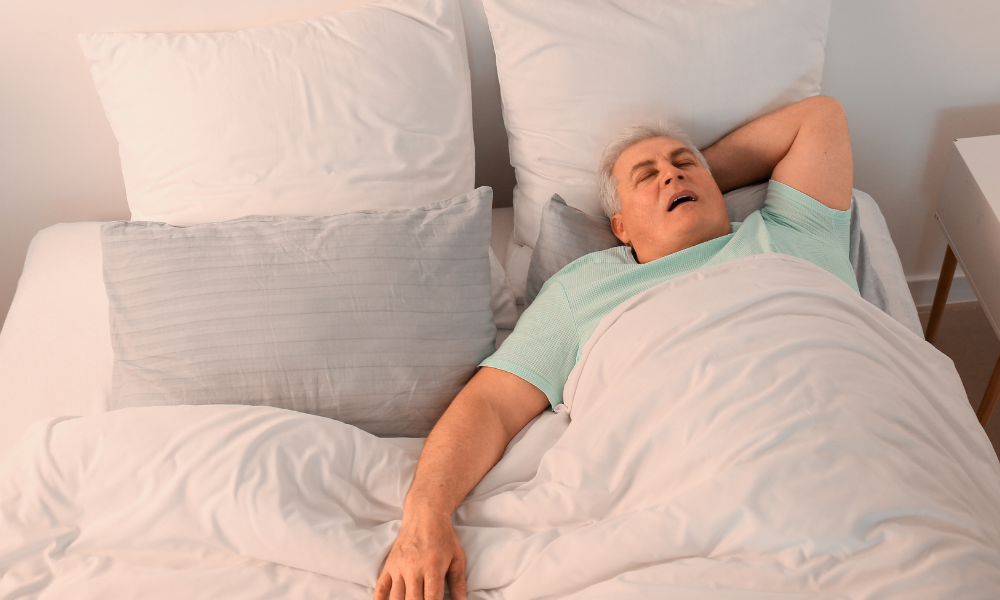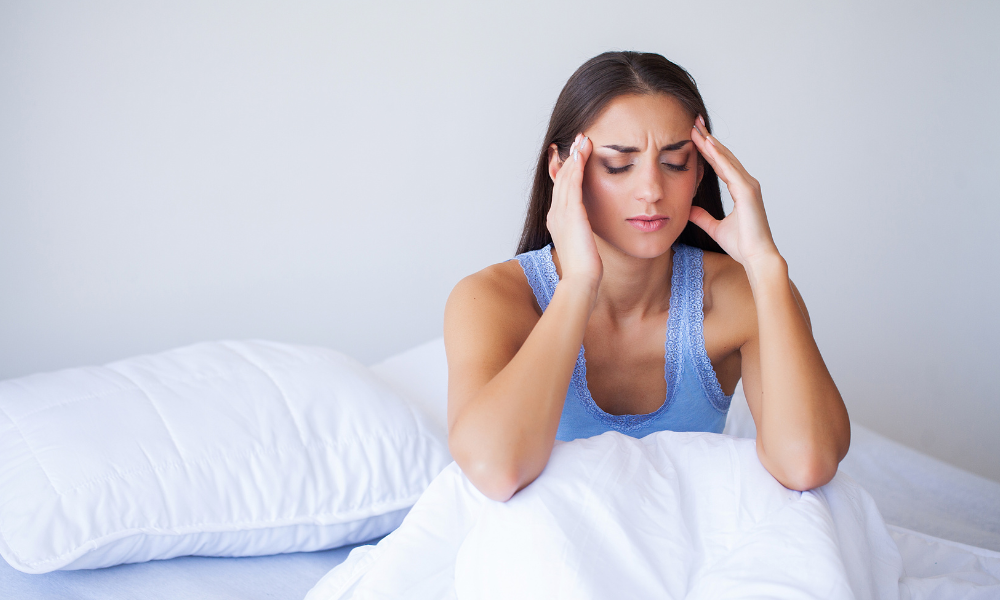
Bruxism, or teeth grinding, is a common condition that can lead to severe dental and orofacial issues if left untreated. This blog will delve into the causes, symptoms, and effective treatments for bruxism.
What is Bruxism?
Bruxism is the involuntary grinding or clenching of teeth, often occurring during sleep. It can lead to headaches, jaw pain, tooth damage, and even TMJ disorders.
Common Causes of Bruxism:
- Stress and Anxiety: Emotional stress is a major contributor to bruxism.
- Sleep Disorders: Conditions like sleep apnea can increase the risk of teeth grinding.
- Medications: Certain antidepressants and stimulants may induce bruxism as a side effect.
- Lifestyle Factors: Caffeine, alcohol, and smoking can exacerbate teeth grinding.
Symptoms to Watch For:
- Worn, chipped, or cracked teeth
- Jaw pain or stiffness
- Headaches, especially upon waking
- Increased tooth sensitivity
- Earache without an ear infection
Effective Treatments for Bruxism:
- Mouthguards: Custom-fitted mouthguards can protect your teeth while you sleep.
- Stress Management: Reducing stress through therapy, meditation, or exercise can decrease bruxism.
- Behavioral Therapies: Learning to position your jaw correctly during the day can reduce nighttime grinding.
- Medication: In some cases, muscle relaxants or Botox may be prescribed to alleviate symptoms.
When to Seek Help:
If you're experiencing any symptoms of bruxism, it's important to see a dentist or orofacial pain specialist. Early intervention can prevent further damage and provide relief.
Conclusion:
Bruxism is a treatable condition, but it requires prompt attention. Don't wait for symptoms to worsen—explore your treatment options today.











